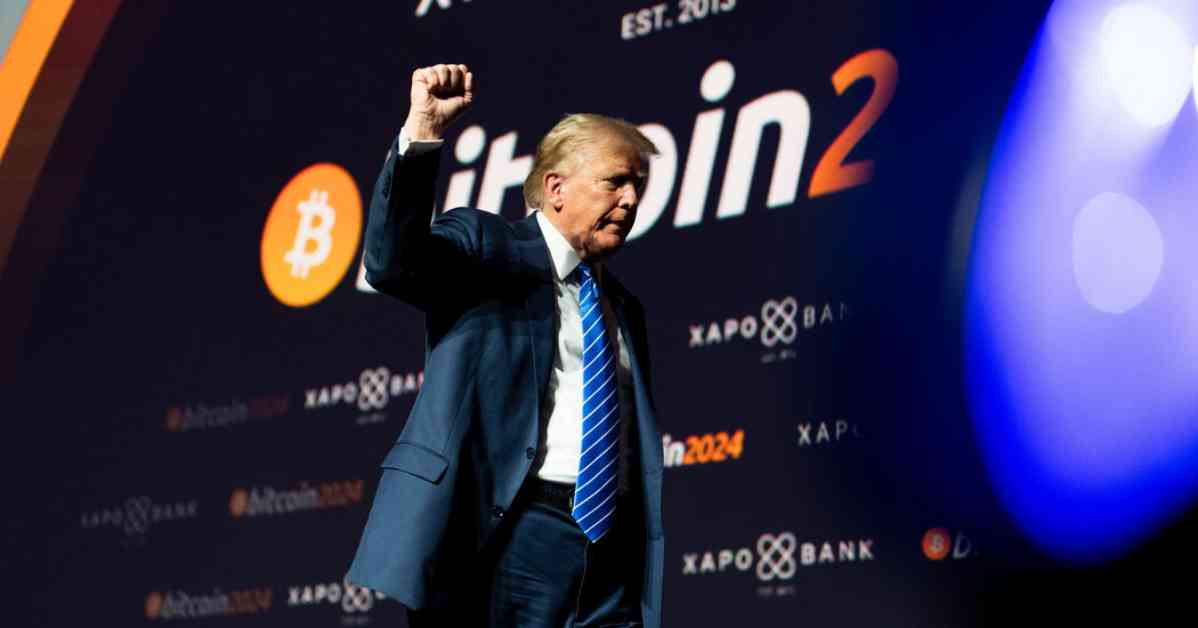Former President Donald J. Trump made a bold statement at a Bitcoin conference in Nashville, promising to transform the United States into a “Bitcoin superpower” if he were to be re-elected. Trump addressed cryptocurrency enthusiasts, assuring them that he would put an end to what he called the “persecution” of the industry. He likened the attacks on crypto to a larger pattern of government weaponization by left-wing fascists, drawing parallels to his own experiences with persecution.
If given another term in office, Trump pledged to halt the anti-crypto efforts of Joe Biden and Kamala Harris, emphasizing that the moment he takes office, the persecution and weaponization against the industry would cease. This stance has positioned him in competition with independent presidential candidate Robert F. Kennedy Jr. for the support of cryptocurrency holders, with Trump making significant efforts to appeal to this voter base.
In his speech, Trump highlighted the fact that three major crypto firms had invested around $150 million in backing pro-crypto candidates in congressional races. He also proudly mentioned that he was the first major party nominee in American history to accept donations in Bitcoin and other cryptocurrencies, with his campaign raising $25 million from such donations in the past two months. This move further solidifies his commitment to the crypto industry and its supporters.
Furthermore, Trump outlined his plans for sweeping deregulation and proposed the creation of a “strategic national Bitcoin stockpile.” These promises aim to position the United States as a global leader in the crypto space and to provide a supportive environment for the industry to thrive.
Overall, Trump’s speech at the Bitcoin conference signals a significant shift in his campaign strategy, as he actively courts the support of cryptocurrency enthusiasts and advocates for a more crypto-friendly regulatory landscape. His promises of deregulation and support for the industry reflect a growing trend of political engagement with the crypto sector, highlighting its increasing influence and importance in the broader economic and political landscape.





















